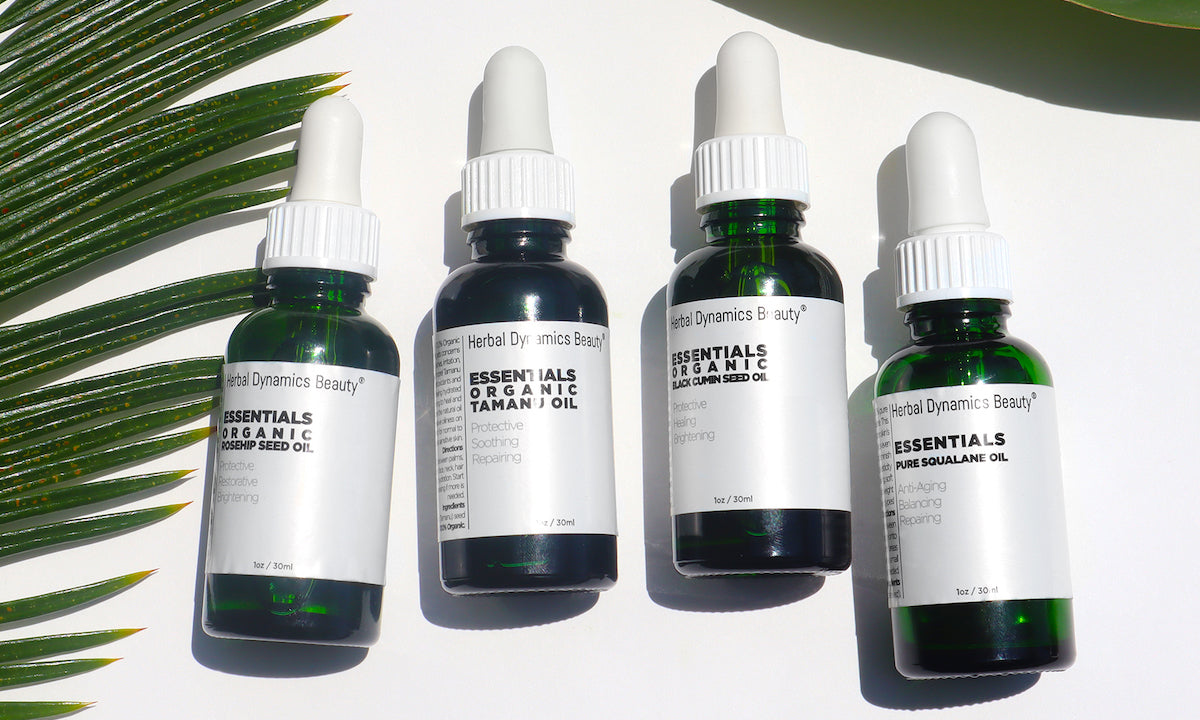Your Cart is Empty
FREE SHIPPING on US orders over $45. Save 25% With Code TAKE25 at checkout.
FREE SHIPPING on US orders over $45. Save 25% With Code TAKE25 at checkout.

Dry skin (xerosis) is rarely serious, but it doesn't distinguish between age and ethnicity and it can be quite difficult to treat. In some instances, scaling skin can be a symptom of a chronic disease or condition like hypothyroidism, malnutrition, hyperthyroidism, and diabetes.
The condition is characterized by patched, rough, and itchy skin. In most instances, skin feels scaly and looks peeled. In extreme situations, skin will crack and bleed.
A study published in 2011 by the The International Society of Dermatology, and titled “Sensitive skin in the American population: prevalence, clinical data, and role of the dermatologist,” revealed that 44.6% of the population have either “sensitive” or “very sensitive” skin. More than half of them were women. Of that total, 34.5% of them complained of having dry skin.
There are already many studies that affirm the impact of one's physical appearance and depression or anxiety. Radboud University Nijmegen Medical Center in The Netherlands released a study in 2005 which found out that 3 in 10 individuals suffering from psoriasis (scaly and patchy skin) and atopic dermatitis (red and itchy skin) have also reported suffering from depression and anxiety.
Interestingly, the study participants' lifestyle changes actually contributed to aggravating their conditions.
There are many factors that will lead to changes in your skin. We are going to break them up into different sections to better explain each one.
Steer clear of these types of food to avoid drying up your skin:
Consume foods that are rich in nutrients to nourish your skin:
Other foods that you should also include in your diet if you suffer from dry skin are olive oil, sweet potato, mango, papaya, berries, flaxseed, as well as yellow and orange vegetables.
Also, drink plenty of water to counterbalance any fluid you may have lost during the day!
Sudden changes in climate and temperature will also cause dry skin. For instance, people notice that the skin gets more dehydrated during the winter season. And surprisingly, extreme humidity and heat will also result in dry skin.
Stress has also been known to trigger skin diseases like acne, psoriasis, and eczema.
One of the more common and ignored cases is when you take long hot baths and showers. Dry skin can also be the result of swimming in pools treated with harsh chemicals.
Here's a list of helpful tips for decreasing skin dryness:
A humidifier works by adding moisture to the air. When you heat up a room, the level of moisture also depletes. And when the level of humidity in the room drops, the air in the contained space also becomes dry.
When it gets to a certain level, the moisture in your skin also dissolves. Worse, it will also affect your sinus passages, which is often why our nose gets clogged and stuffy during the winter months!
The standard humidity in the room should be between 30-50% for optimal skin health. Using a humidifier will help achieve this balance.
There are chemical ingredients in products that we often ignore even if we use them every day. These harsh ingredients can cause or aggravate dry skin.
Although not usually serious, there can be cases that are extremely serious and you'll need to see a doctor immediately. For instance, if you think that dry skin is a symptom of an underlying condition.
Diabetes, hyperthyroidism, hypothyroidism, or malnutrition may be responsible for your condition. If you can treat the main cause of the problem, then your dry skin will go away. In these cases, you don’t need a dermatologist, but a general practitioner to help you diagnose the issue and then a specialist appropriate to the disease.
Or in another case, medicines you are currently taking are causing your skin to be dehydrated. Among the prescription drugs that may trigger dry skin are those for blood pressure such as Atorvastatin, Fluvastatin, or Lovastatin.
Also, contributing factors are medication for blood pressure such as Thiazide diuretics, or those for skin conditions such as Retin-A, retinoids, and isotretinoin.
Genes also play a role in some skin diseases like Ichthyosis vulgaris or atopic dermatitis.
Other factors that should not be discounted are a hormonal imbalance and aging. The important thing is that the cause of the dry skin is identified to ensure the success of treatment.